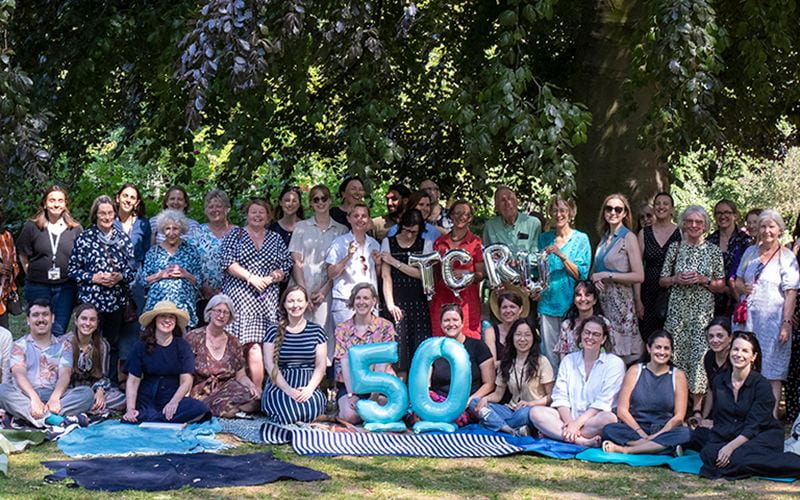Peter Moss
Hardly a month goes by without yet another report – from government, charities or think tanks – about the need to fix England’s early childhood services. Split between ‘childcare’ and ‘early education’, with a fragmented and incoherent patchwork of services, and combining high cost to parents with a poorly paid and poorly qualified workforce: we find ourselves in a hole, and don’t seem to know what to do. The hole, though, has been there a long time, and we’ve had opportunities to get out.
Back in the early 1970s, in the midst of a half century of post-war government neglect of early childhood services, some reformers saw the way forward. Appalled at the fragmented, incoherent and unresponsive state of these services, Jack Tizard, IOE Professor and founder of the Thomas Coram Research Unit, argued for the creation of “multi-purpose children’s centres offering part and full-time care with medical and other services, to a very local catchment area”. These services would be both responsive and free – since “for a society which provides free education, including free higher education, and free child health services, a free pre-school service is a logical corollary”.
But he did more than argue for change: he acted. Two demonstration Children’s Centres were established, in Camden and Westminster, to examine the feasibility and possibilities of this type of provision. Others followed suit.
Governments of the day, though, showed no interest; and when Children’s Centres did finally gain a place in early childhood policy under New Labour, it was a case of too little, too late. Instead of being the basis for a comprehensive system of multi-purpose services readily available to all, they were tacked on to a ramshackle system that had grown more fragmented, incoherent and unresponsive since the 1970s, adding yet another type of provision to the existing confusion of day nurseries, playgroups, nursery schools and nursery and reception classes – all jostling for customers in a chaotic marketplace.
Now, under austerity, those Centres that were established are being eroded by cuts and undermined by an increasing emphasis on provision for the most disadvantaged children. The original dream of a universal, inclusive and responsive service has not been realised, the opportunity lost.
Other countries were more far-sighted. Sweden in the 1960s and 1970s took the opportunity to recast its split services, to build what is today a fully integrated system of early childhood education and care. This offers an entitlement for all children from 12 months to 6 years, with a well qualified workforce, made affordable by a combination of free attendance and capped fees. All this is based on the ‘preschool’, a centre providing for all children in its local community, where (in the words of the Swedish Preschool Curriculum) “care, socialisation and learning form a coherent whole” and democracy is affirmed as a fundamental value.
England has had its opportunities to get its act together, not just in the 1970s but also in 1997 when New Labour came to power pledged to make early years a priority. But instead of getting out of the hole, instead of taking time to consider what we wanted and needed, we kept digging, taking the seemingly easy route of more of the same.
Are we destined for an endless round of overblown government rhetoric (‘More great childcare’!), parental complaints and peripheral changes? Are we unable to learn from places that really do have ‘world class’ services? Perhaps the answer is ‘yes’ – but it’s still worth one final attempt at producing a proper Early Childhood Strategy, with a ten-year goal of a fully integrated system, a well qualified professional workforce and Children’s Centres offering a responsive and inclusive service to all our children.

 Close
Close





